Reboots are nothing new. Despite new versions appearing almost every day now, going back to stories of the past has been synonymous with Hollywood for more than half a century now. Classic stories being remixed and re-imagined to meet the demands of modern audiences, an ever-happening phenomenon. Audience preferences evolve over time, and producers have responded by rebooting classic shows and movies with fresh perspectives and unique interpretations, often drastically changing their source material.
Historically, reboots have been deemed as unimaginative and risk-averse, playing on nostalgia rather than attempting to create something original. However, this narrative has been challenged in recent years, as many reboots have taken creative liberties to reshape the narratives, often with surprising and dramatic changes from their source material. These reboots are not only reinventing old stories for contemporary audiences but also pushing boundaries and challenging expectations of what a reboot can and should be.
The rising trend of reboots taking significant departures from their original narratives can be attributed to several factors. For one, society is becoming increasingly diverse and inclusive, and these changes are reflected in our media. Creators are keen to show a more varied representation of characters and storylines, breaking away from the stereotypes and conventions that may have characterized the original. At the same time, audiences are hungry for innovative narratives and novel interpretations of familiar tales. Here are some of the ones that have altered their source to bring something new to the table.
10 Battlestar Galactica (2004)
The original Battlestar Galactica series from the late 1970s was a relatively standard sci-fi adventure, often light-hearted and episodic in nature. The 2004 reboot altered this dynamic by infusing a darker tone, a serialized narrative structure, and a depth of character development unseen in its predecessor. The reboot explored complex moral, philosophical, and political issues that resonated with a post-9/11 audience, transforming what was once a rather generic space opera.
9 Carmen Sandiego (2019)
The reboot of the beloved edutainment franchise took a daring leap from the original, transforming the notorious thief Carmen Sandiego into a morally ambiguous hero. It provided an origin story for the character that the original games and TV shows had overlooked, turning her into a Robin Hood-like figure who steals from the corrupt organization that trained her.
The reboot maintained the geographical education component that was integral to the original but added layers of narrative depth and character development. By reimagining Carmen as a complex and sympathetic protagonist, the series breathed new life into a franchise that had been beloved by children for decades.
8 Charmed (2018)
The original Charmed series followed the lives of three witch sisters in San Francisco, dealing with supernatural forces while juggling their personal lives. The reboot maintained the core premise but introduced significant changes that distinguished it from its predecessor. The new series placed a greater emphasis on diversity, featuring a multiracial cast and exploring Latino culture and mythology. It also addressed contemporary issues such as LGBTQ+ rights, consent, and environmentalism, incorporating these themes into the supernatural narrative. The series offered a more feminist perspective, focusing on the sisters' individual growth and their bond as a family.
7 Chilling Adventures of Sabrina (2018)
This Netflix reboot of the '90s sitcom Sabrina the Teenage Witch is a stark departure from its source material. The original series was a lighthearted comedy, centered around a teenager learning to manage her newfound magical abilities. The reboot, however, based on the Chilling Adventures of Sabrina comic series, leans heavily into the dark, macabre aspects of witchcraft.
The series presents Sabrina Spellman as a character torn between the mortal world and the witch world, a departure from the original where she balanced both worlds with ease and humor. The reboot introduces storylines about satanic worship, existential dread, and the struggle for power and autonomy, offering a much darker and more complex take on Sabrina's life.
6 Doctor Who (2005)
The reboot of the long-standing British series stands as a shining example of how to reinvigorate a beloved classic. The original Doctor Who aired from 1963 until 1989, amassing a substantial fan base with its unique blend of science fiction and British humor.
The 2005 reboot, led by showrunner Russell T. Davies, retained the core concept of a time-traveling alien with the ability to regenerate into a new form. Yet, it marked a radical departure from its source material in numerous ways. It adopted a more modern, serialized storytelling format, delved deeper into the emotional lives of the Doctor and his companions, and introduced richer narrative arcs. The reboot also embraced more contemporary themes, addressing issues of morality, identity, and the human condition in a diverse, ever-changing universe. By doing so, the show transformed itself from a quirky, cult sci-fi series into a global phenomenon.
5 The Haunting of Hill House (2018)
The Netflix series The Haunting of Hill House masterfully rebooted Shirley Jackson's gothic horror novel, and its 1963 film adaptation, by expanding and enriching the original narrative. Instead of strictly adhering to the novel's plot, the series re-imagined the titular house as a character itself, haunting the lives of the Crain family across multiple timelines. The reboot deftly wove together elements of supernatural horror with a profound exploration of familial bonds, trauma, and grief.
4 Hawaii Five-0 (2010)
Younger audiences won’t remember or maybe even know about the original Hawaii Five-O as the new series has become a staple of modern TV. This reboot has brought fresh life into the iconic 1960s series, adding more depth and complexity to both its characters and narratives.
In contrast to the original, which was primarily a crime procedural, the new series introduced personal drama, ongoing story arcs, and high-stakes action. It retained the sun-soaked, tropical setting of Hawaii and the police procedural aspect, but infused it with contemporary issues and complex character relationships that the original lacked.
3 Queer Eye (2018)
The reboot of Queer Eye for the Straight Guy revolutionized the original concept in significant ways. Beyond its stylistic makeover format, the new series emphasized empathy, emotional depth, and acceptance. The Fab Five addressed issues from mental health to self-acceptance, championing diversity and positivity. Unlike the original show, which focused exclusively on makeovers for straight men, the reboot broadened its scope to include participants of all genders and sexual orientations, capturing a wider audience and reflecting our society's changing attitudes towards the LGBTQ+ community.
2 Star Trek (2009)
The ambitious reboot of the revered Star Trek franchise marked a significant departure from the original. J.J. Abrams crafted an alternate reality, known as the Kelvin Timeline, allowing for a fresh narrative start while not invalidating the continuity of the original series and movies. This strategy offered the chance to reinterpret iconic characters like Kirk and Spock for a new generation, while the enhanced visual effects and faster-paced storytelling reflected modern cinematic sensibilities.
1 The Twilight Zone (2019)
Stepping into Rod Serling's shoes, Jordan Peele rebooted the iconic anthology series for a new generation. While the original The Twilight Zone was lauded for its thought-provoking narratives and unexpected twist endings, it was a product of its time, addressing the socio-political issues of the 1960s. Peele's reboot retained the series' core identity as a platform for speculative and morality-based stories, but it updated the narratives to reflect contemporary societal issues like racism, immigration, and toxic masculinity.
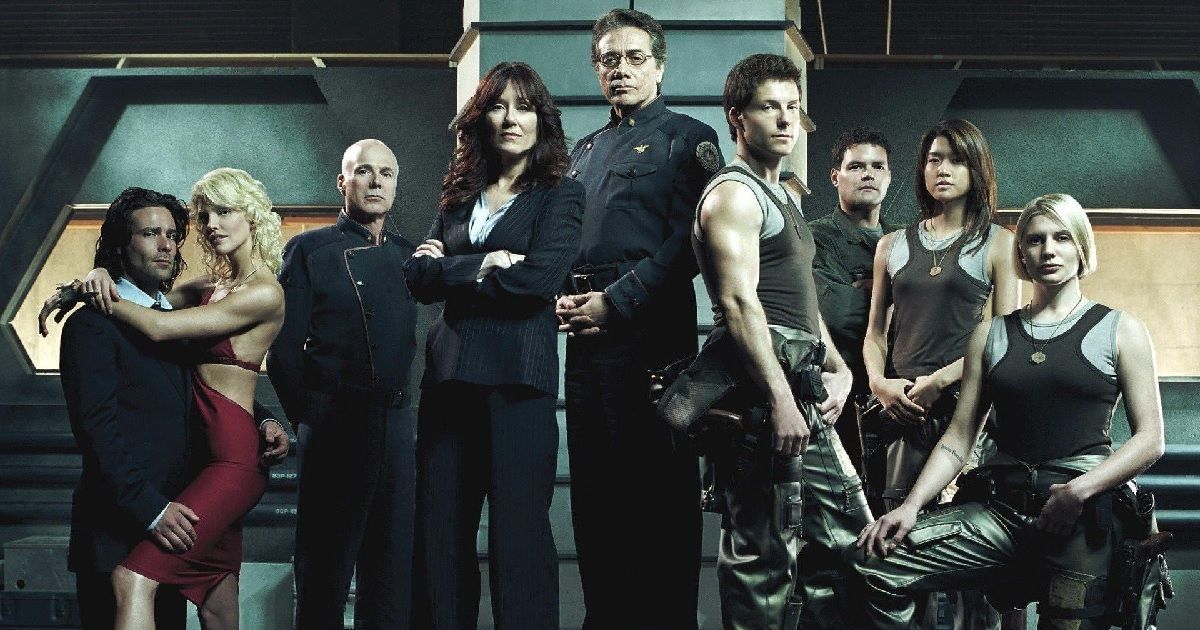
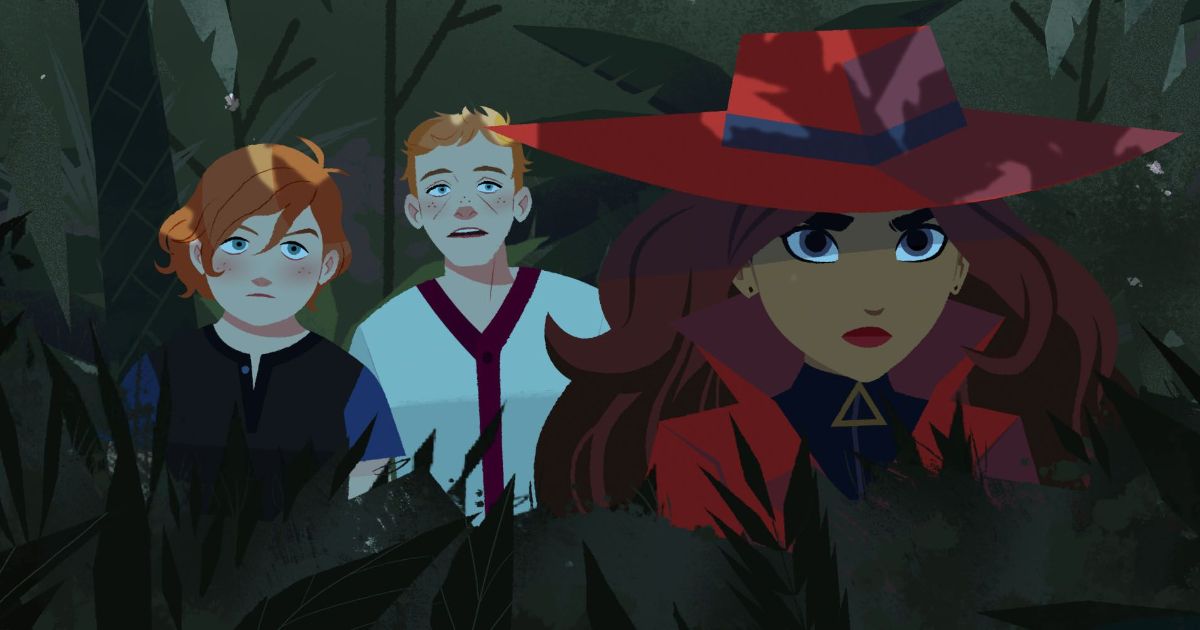
.jpg)
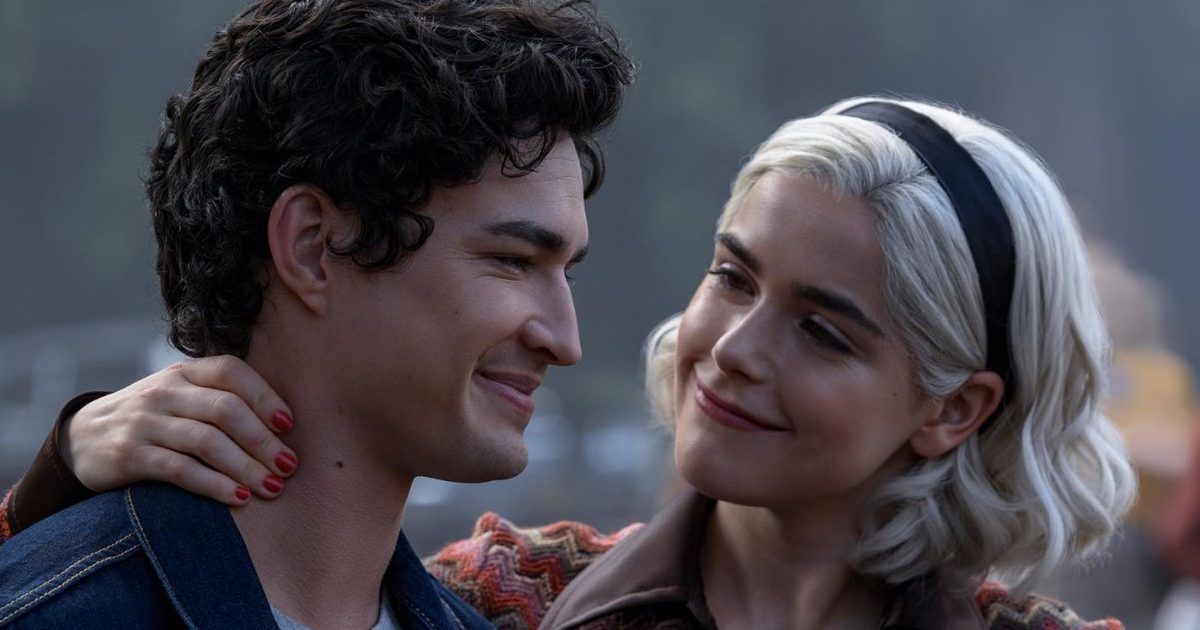

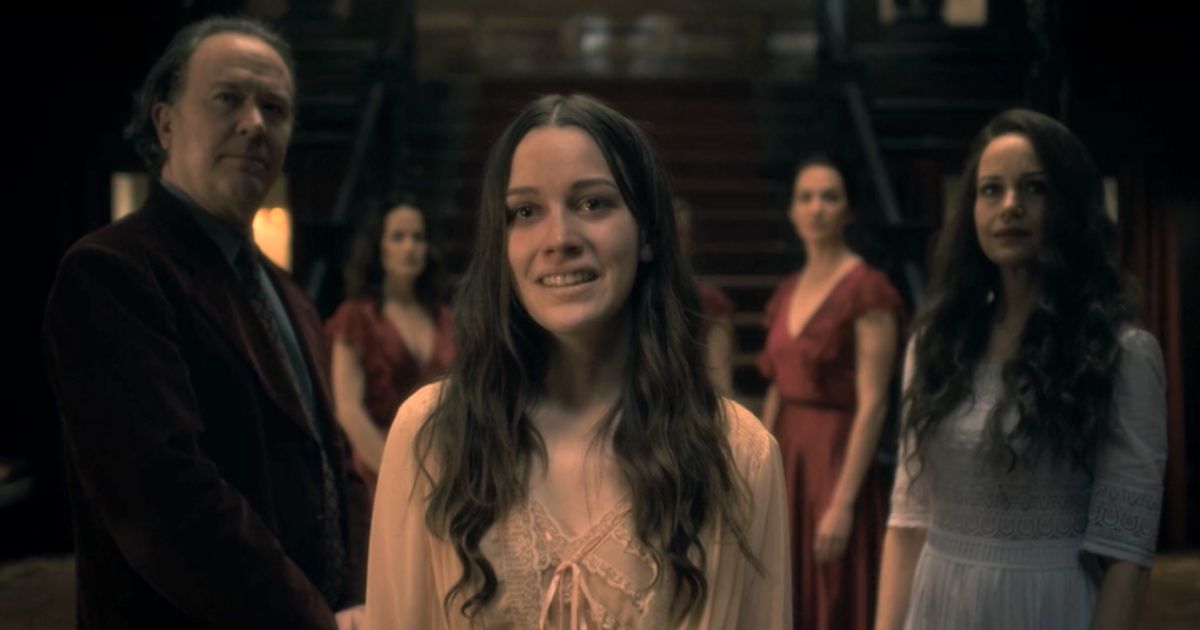

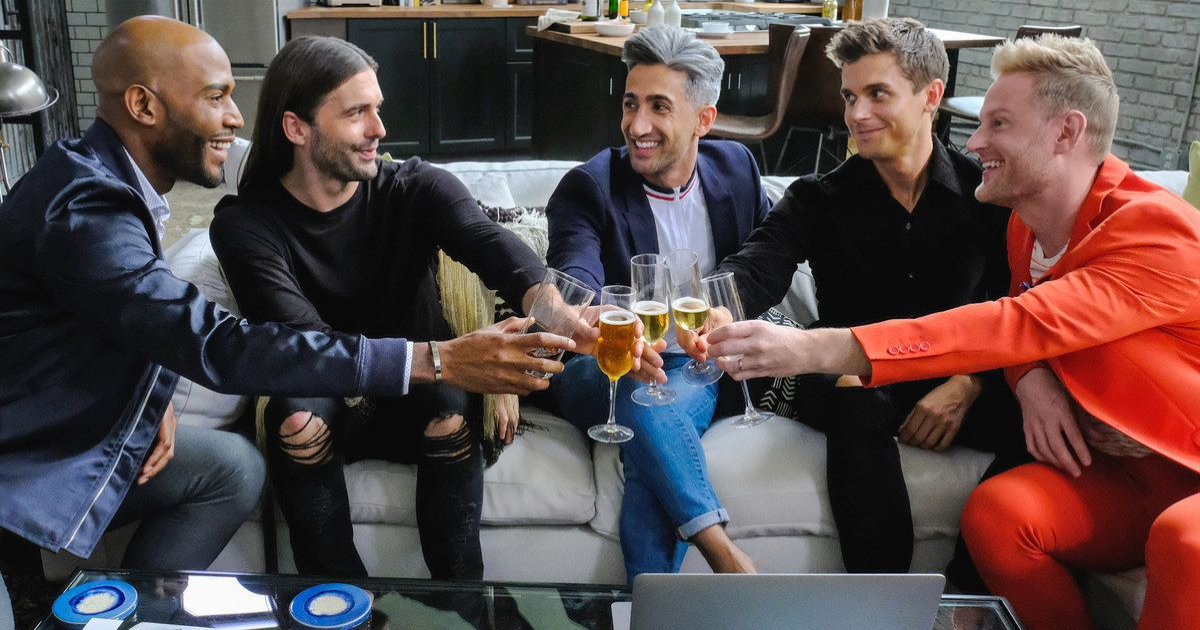
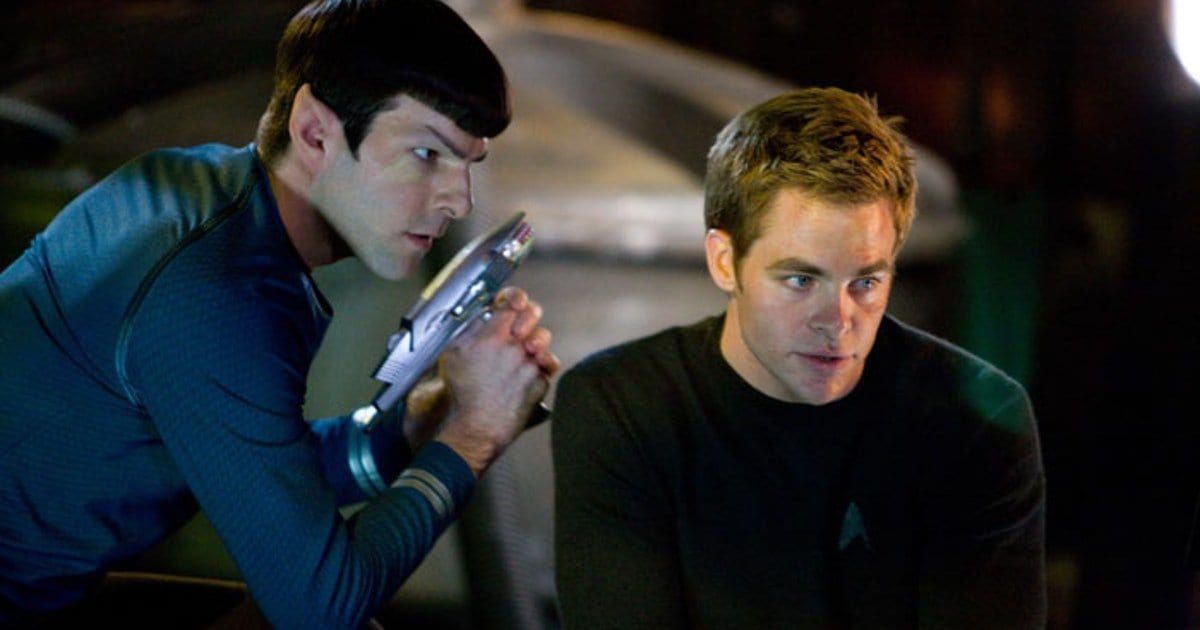
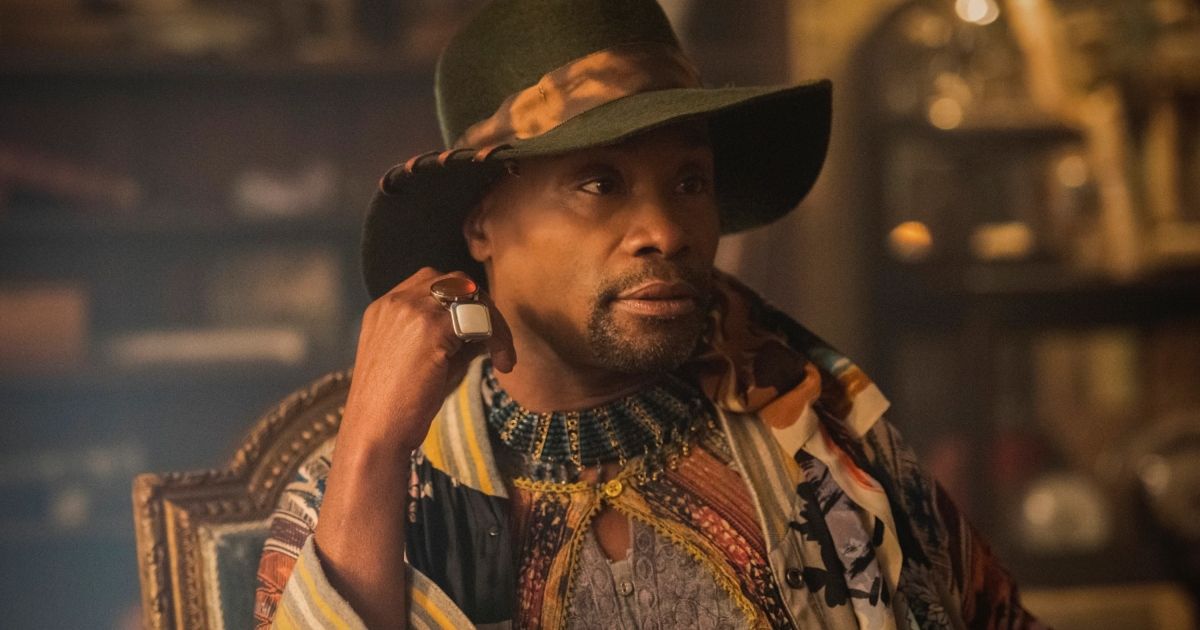
Comments
Post a Comment